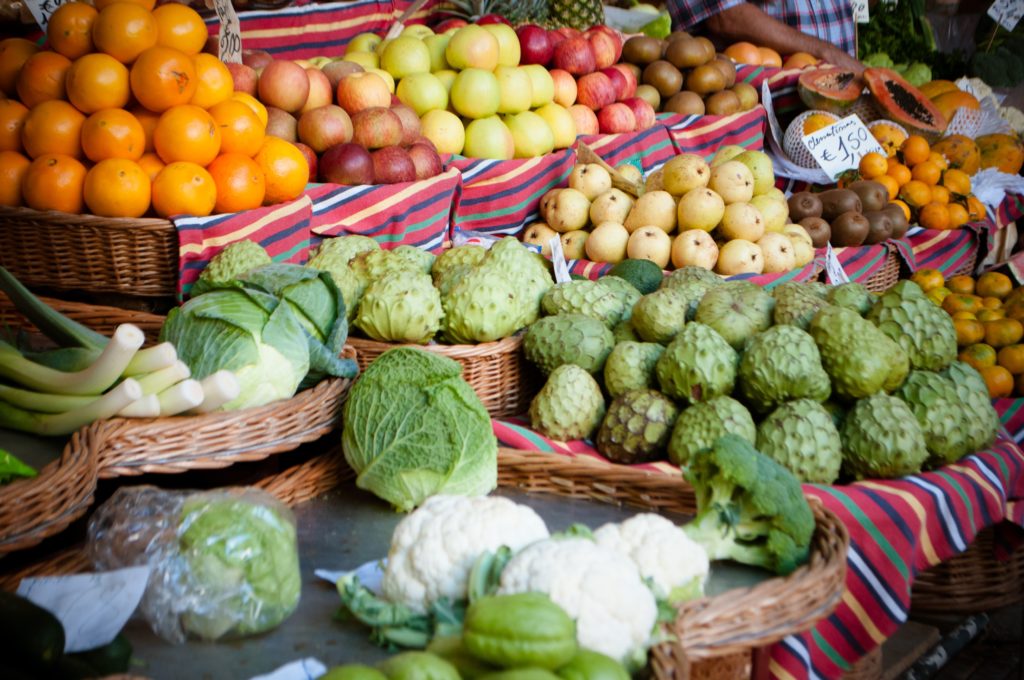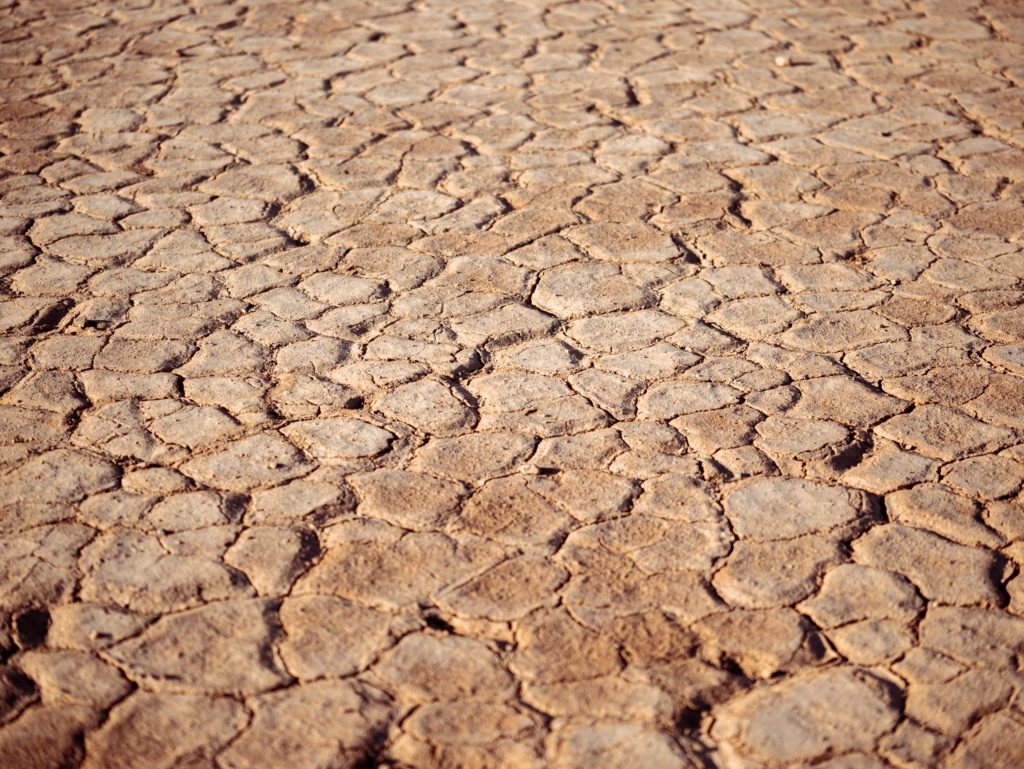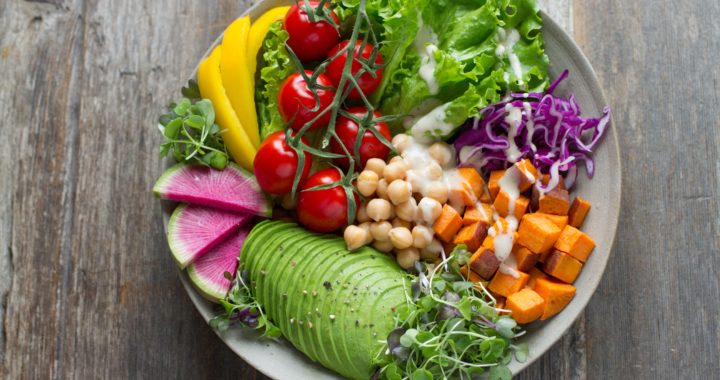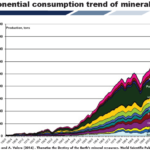“Global warming isn’t a prediction, it’s happening right now,” Dr. Justine Butler, Viva! Senior Researcher and author of ENVIROCIDAL, said in a statement sent to Plant Based News. “If these warnings are ignored, climate change will lead to a whole new range of health risks – from infectious disease outbreaks to water shortages, drought and mass extinctions. We must take urgent action to avert an environmental disaster.
The overriding message is clear: ‘Changing our diet is the easiest way to make an effective difference at our end to save our planet’. Let’s see how:
- Vegan diet will help combat hunger
Lot of food that’s grown in the world is not being eaten by humans. In fact, 70% of the grains grown in the US feeds livestock, and, globally, 83% of farmland is set aside to raise animals. It is estimated that 700 million tons of food that could be consumed by humans goes to livestock each year. Imagine how much more food could be produced, if that land was dedicated to various plants. And as a result, more people could be fed at less of an expense to the planet.

“A vegan diet is probably the single biggest way to reduce your impact on planet Earth, not just greenhouse gases, but global acidification, eutrophication, land use, and water use,” said lead author Joseph Poore, from the University of Oxford, UK. “It is far bigger than cutting down on your flights or buying an electric car,” he said, as these only cut greenhouse gas emissions.

- Water conservation
It takes 100 to 200 times more water to raise a pound of beef than it does to raise a pound of plant foods. As per a study, “replacing a roast chicken with a hearty veggie chili or bean stew (which has similar protein levels) saves 4,325 litres of water.”
The more livestock the world replaces with plants, the more water there will be to go around. It is not just that livestock consume more fresh water, but they also one of the biggest polluters of fresh water.
- Soil conservation

Raising livestock usually leads to deforestation, clearing acres of land that provide nutrients and resilience, to make room for the livestock to roam. Raising a diversity of plants, instead, nourishes soil and leads to long-term resilience.
- Saves Energy
Raising livestock consumes a lot of energy. Meat products need to be refrigerated and shipped and also meat takes a long time to process from slaughterhouse to kitchen table.
Plant-based proteins, meanwhile, can be raised with 8 times less energy costs than meat-based proteins.
- Plants help purify air

All the livestock in the world cause more air pollution than all the cars, buses, planes, ships and other modes of transportation in the world combined. On the other hand, plants and trees help purify the air.
- Vegan diet is far more healthy

All the nutrients that we need on a daily basis are provided by a vegan diet. Fresh vegetables, fruits and other vegan staples are loaded with nutrients that meat just doesn’t provide. We can get all the protein we need from peanut butter, quinoa, lentils, beans, and much, much more.

So, as a famous saying by Paramhansa Yogananda goes, “Change yourself and you have done your part in changing the world”. Time for us to make that change is now!





